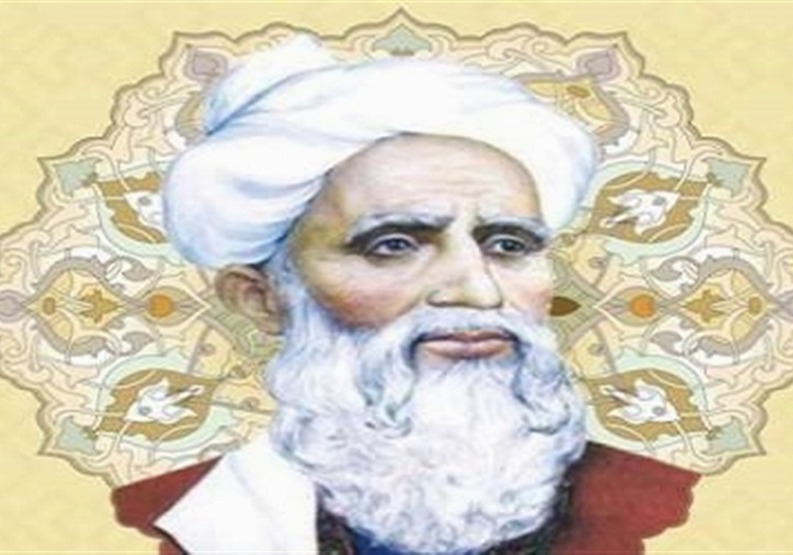
Mirdamad: Founder of New Islamic Philosophical Thoughts
Mir Mohammad Baqir ibn Mohammad Hosseini Astrabadi, popularly known as Mirdamad, was a great Iranian philosopher who lived in the Safavid era. He was one of the main teachers of Mulla Sadra, the founder of Transcendental Theosophy, and is known as “Mo’allim Thalith” (the third teacher). Mirdamad is considered one of the Muslim philosophers who influenced the formation of Mullah Sadra’s Transcendental Theosophy.
Mirdamad had expertise in many sciences, including philosophy, theology, natural sciences, mathematics, and jurisprudence and its principles. He was originally from Astrabad (today’s Gorgan) but lived in Isfahan. He was a very close friend of Sheikh Baha’i and had a great position in the courts of Shah Abbas I and Shah Safi of the Safavid Dynasty. He was one of the students of Sayyid Nur al-Din Ali ibn Abi al-Hassan Mousavi, Sheikh Hossein Ameli, and Sheikh Abdul Ali ibn Mohaqqeq Thani in such fields as history and rijal (biographical evaluation). He studied logic and philosophy under Amir Fakhr al-Din Samaki, a student of Amir Ghiyas al-Din Mansour Shirazi, and engaged in philosophical debates. During his lifetime, Mirdamad educated some outstanding scholars such as Qutbuddin Ashkuri Aref, Mullah Sadra, Mullahsan Faiz Kashani, and Mullah Abdul Razzaq Lahiji.
Mirdamad’s Works
Mirdamad was a very sophisticated writer and, therefore, it is not easy to understand his works. He has also been famous for living an ascetic and Gnostic life. It has been narrated that he did not go to bed to rest for 40 years. He recited half of the Holy Qur’an every night and this connection with God’s words was the cause of his success in reviving “Hikmat-e Yamani” (Philosophy of Yemen). He consciously distinguished this philosophy from Greek philosophy. He attributed the first one to the wisdom that originates from illumination and inspiration and attributed the latter to rationalistic knowledge.
From among his 134 known works mention can be made of “Taqwim al-Iman” (Calendars of Faith), “Kitab Qabasat al-Ilahiyah” (Book of the Divine Embers of Fiery Kindling), “Kitab al-Jadhawat” (Book of Spiritual Attractions), and “Sirat al-Mustaqim” (The Straight Path).
Mirdamad’s Philosophy
Izutsu (Japanese Islamic scholar and researcher on the Holy Qur’an) believes that Mirdamad’s philosophy relies on both rational reasoning and mystical intuition. Mirdamad was a follower of the Islamic Peripatetic traditions and in mysticism, he was under the influence of Sohervardi and, therefore, there was a link between his philosophy and mysticism. Mirdamad resolved the controversy of the createdness or uncreatedness of the world in time by proposing the theory of “Hhuduth-e Dahri” (Atemporal origination). Mirdamad considered the following three realms for existence: Sarmad or Eternality, which refers to the truth that does not change, or more precisely refers to the relationship between the variable and the constant. Beneath this world, which alone is completely eternal, is Dahr, which links the unchangeable to the variable. Below Dahr is time, which shows the relationship between variable objects. This world was not created before time in the sense that it cannot be said that there was something like time before creation took place.
Mirdamad’s Demise
Mirdamad passed away in the year 1040 CE, about 10 years after Shaykh Bahai’s demise, when he was on a pilgrimage to holy shrines in today’s Iraq. Shah Safi and the other personalities of the Safavid held a funeral for him and as per his will buried him in the city of Najaf and next to the shrine of Imam Ali (AS).
| Name | Mirdamad: Founder of New Islamic Philosophical Thoughts |
| Country | Iran |
| Nickname | Mirdamad |
| Production Time | 1040 CE |
| Works | “Taqwim al-Iman” (Calendars of Faith), “Kitab Qabasat al-Ilahiyah” (Book of the Divine Embers of Fiery Kindling), “Kitab al-Jadhawat” (Book of Spiritual Attractions), and “Sirat al-Mustaqim” (The Straight Path). |
| Yard period | the past |
| Type | Academic,Religious |
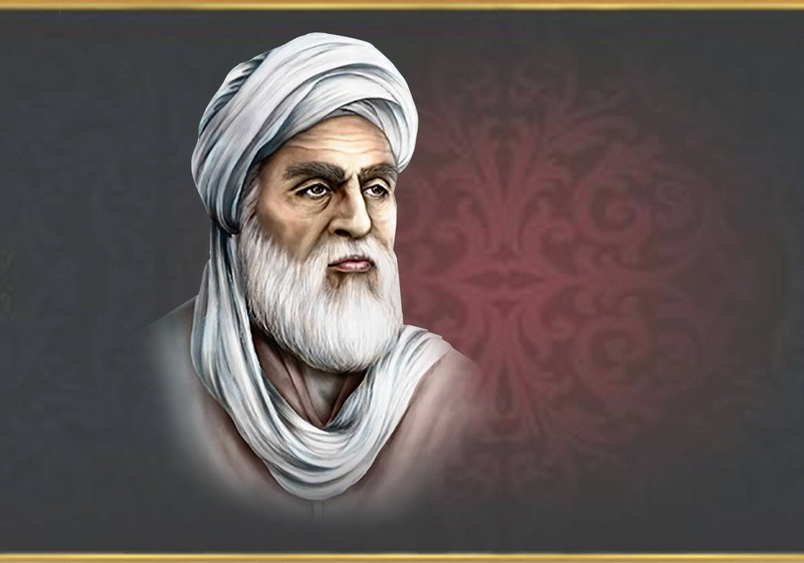

Choose blindless
Red blindless Green blindless Blue blindless Red hard to see Green hard to see Blue hard to see Monochrome Special MonochromeFont size change:
Change word spacing:
Change line height:
Change mouse type:



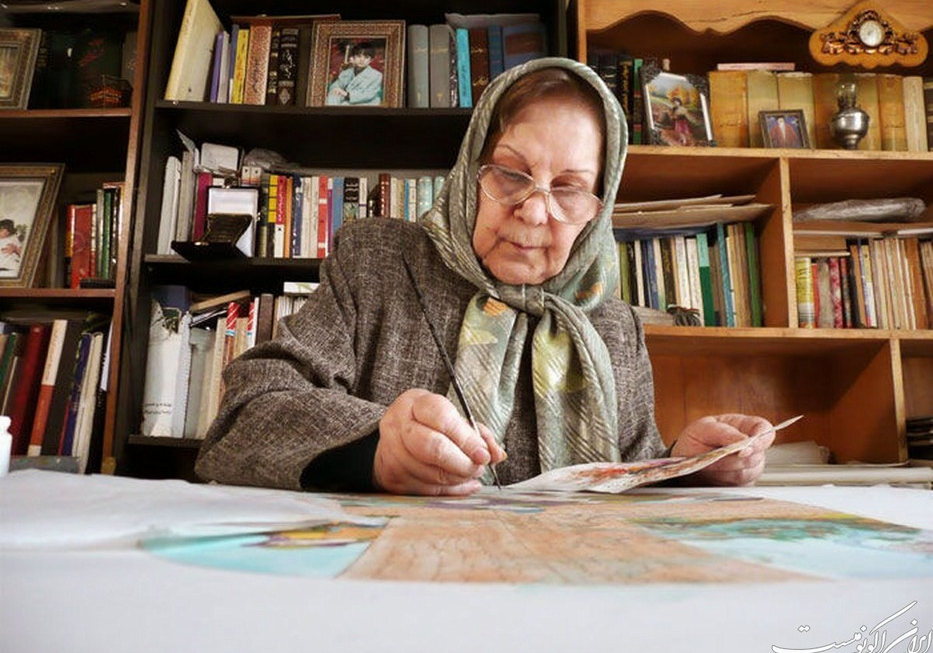





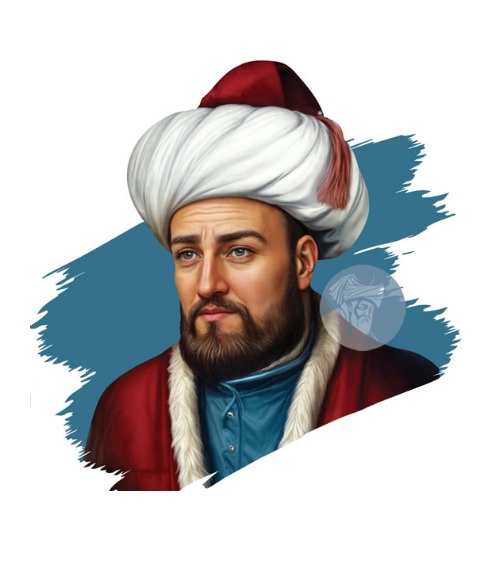
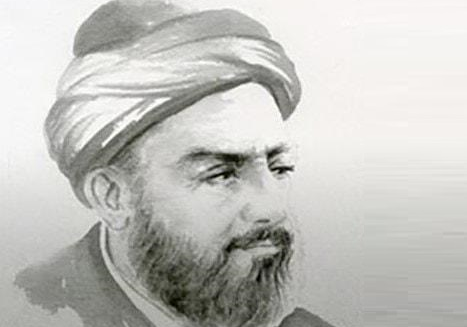
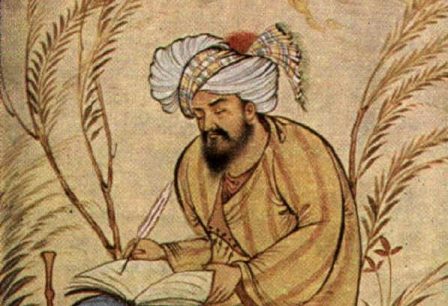
.jpg)

